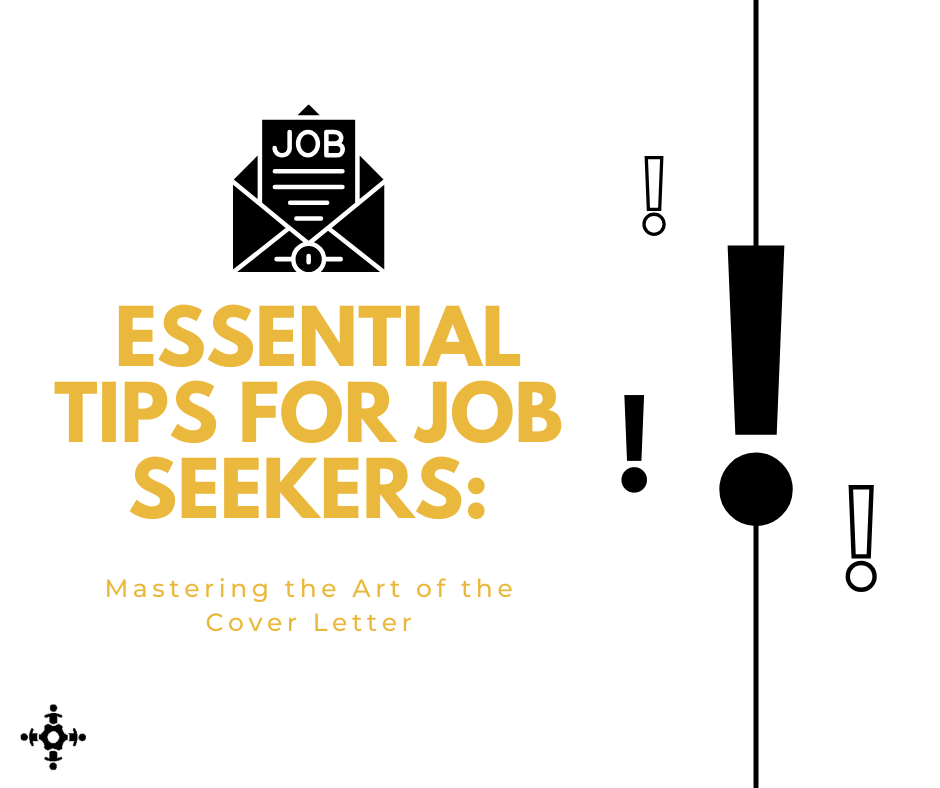The cover letter plays a crucial role in the job application process, serving as a personal introduction and a compelling argument for your candidacy. It complements your resume by offering insights into your personality, explaining your interest in the position in detail, and highlighting your most relevant experiences and skills. Here’s how to craft an effective cover letter that stands out to recruiters and hiring managers.
Understanding the Purpose of a Cover Letter
A cover letter is more than just a formality; it’s an opportunity to make a strong first impression and connect with the employer on a personal level. This document should address why you are the best fit for the job, how your experiences align with the job requirements, and what you can contribute to the company.
1. Tailor Your Cover Letter to the Job
Generic cover letters are easy to spot and often end up overlooked. Tailoring your cover letter to each specific job is crucial:
- Research the Company: Understand the company’s culture, goals, and recent achievements. Referencing these in your cover letter shows that you have a genuine interest in the company and have done your homework.
- Analyze the Job Description: Identify critical skills and experiences the employer emphasizes. Align your cover letter content to these points by demonstrating your background makes you an excellent fit for these needs.
2. Structure Your Cover Letter Effectively
A well-structured cover letter guides the reader through your argument in a logical progression, making your case clearly and persuasively:
- Header: Include your contact information, the date, and the employer’s contact information. If you’re sending an email, your subject line should be clear and professional.
- Opening Paragraph: Start strong by stating the job you’re applying for and where you found the job listing. Briefly mention why you’re enthusiastic about the role and the company.
- Body Paragraphs: Here’s where you make your case. Break down your qualifications into one or two paragraphs, citing specific examples of your achievements and how they relate to the points outlined in the job description. Use this section to explain how your previous experiences will allow you to contribute effectively to the company.
- Closing Paragraph: Reiterate your interest in the position and why you’d be a valuable addition to the team. Mention any attachments, like your resume, and propose the next step, such as hoping for an interview. Thank the reader for their time and consideration.
3. Focus on Achievements and Skills
Instead of summarizing your resume, use the cover letter to discuss achievements and skills that particularly qualify you for the job. Be specific:
- Quantify Achievements: Use numbers and statistics to demonstrate your impact in previous roles (e.g., “increased sales by 30% within one year”).
- Relevant Skills: Highlight skills particularly relevant to the job, providing examples from your work to back these up.
4. Maintain Professionalism and Conciseness
While showing your personality and enthusiasm is important, maintain a professional tone throughout the letter. Additionally, keep your cover letter concise—ideally no more than one page:
- Professional Tone: Use formal language and avoid slang or overly casual expressions.
- Conciseness: Every sentence should add value. Avoid redundancy and overly flowery language that doesn’t serve the direct purpose of your application.
5. Edit and Proofread
Before sending your cover letter, edit and proofread it meticulously. A letter free from grammatical errors and typos demonstrates your attention to detail and professionalism:
- Proofreading: Check for spelling, grammar, and punctuation errors. Reading the letter aloud can help you catch mistakes or awkward phrasing.
- Feedback: If possible, have someone else review your cover letter. A fresh set of eyes might catch errors you missed and provide helpful feedback on how your letter can be improved.
Conclusion
A well-crafted cover letter is a powerful tool in your job application arsenal. By tailoring it to the specific job, structuring it effectively, focusing on relevant achievements, maintaining professionalism, and ensuring it is error-free, you can significantly increase your chances of making a positive impression and advancing to the interview stage.

